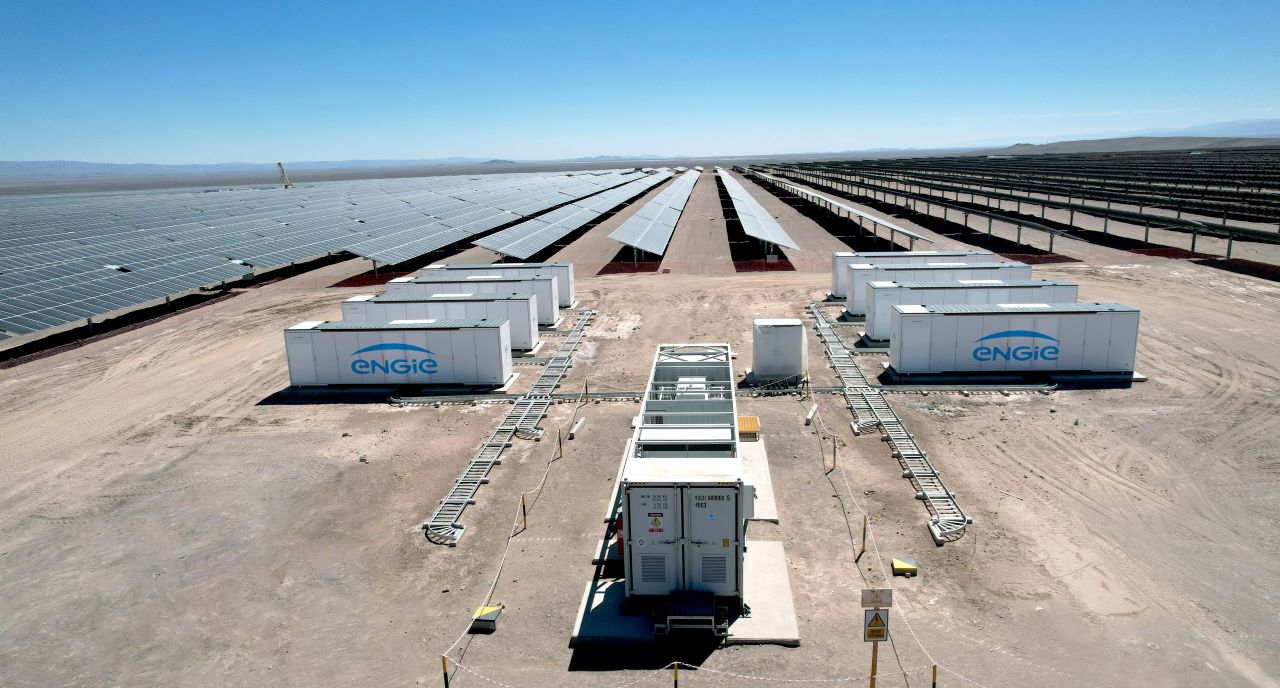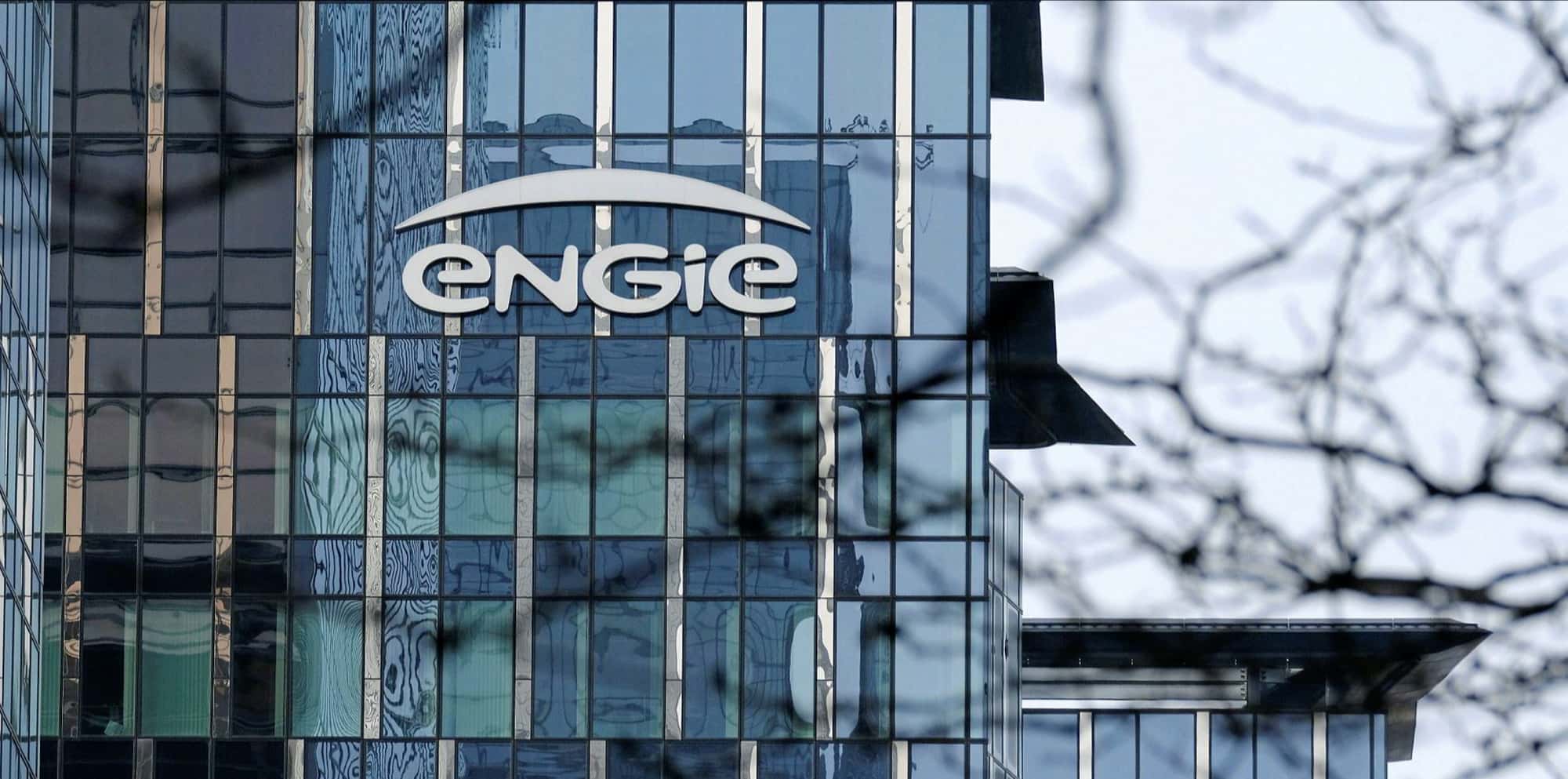
The fight against climate change demands a global effort to reduce greenhouse gas emissions. Decarbonization, the process of eliminating carbon dioxide emissions entirely, is crucial to achieving a sustainable future. In this critical endeavor, a new collaboration between ENGIE, a global leader in low-carbon energy, and Catona Climate, a climate finance company focused on nature-based solutions, stands out as a groundbreaking initiative. Their long-term commitment to carbon removal sets a new standard in the industry, attracting capital, de-risking investments, and promoting high-quality projects that benefit both the environment and local communities.
RELATED: ENGIE and Catona Climate Join Forces to Scale Supply of Nature-based Carbon Removals

ENGIE and Catona Climate: A Powerful Partnership for Decarbonization
ENGIE is a recognized leader in the energy transition, continuously seeking ways to reduce carbon emissions across its operations. Catona Climate, on the other hand, specializes in financing high-impact nature-based carbon removal projects. Their partnership signifies a powerful combination: ENGIE's commitment to achieving net-zero emissions by 2045 aligns perfectly with Catona Climate's mission of driving capital towards nature-based solutions for carbon sequestration.
The Pioneering Long-Term Offtake Commitment
A key aspect of this collaboration is ENGIE's pre-order of 5 million tonnes of nature-based carbon removals from Catona Climate's portfolio. These removals will be delivered between 2030 and 2039, providing ENGIE with the flexibility to source carbon offsets from various high-impact projects while benefiting from locked-in pricing throughout the period. This long-term offtake commitment is a win-win for both companies. ENGIE gains the security of knowing its future carbon removal needs are addressed, while Catona Climate receives a significant upfront financial commitment that allows for investment in new projects.

>> In Other News: Low-Carbon Infrastructure Advisory Firm Nexus PMG and Saola Energy Scale Offerings to Meet Green Fuel Market Demand
Unlocking Capital for Carbon Removal Projects
Nature-based carbon removal projects, such as afforestation and forest conservation, play a vital role in capturing carbon dioxide from the atmosphere. However, these projects often face challenges in attracting investment due to uncertainties around future carbon credit prices. ENGIE's long-term commitment serves as a beacon of stability, providing Catona Climate with the financial assurance needed to secure funding for project development. As Jérôme Malka, Executive Committee member at ENGIE's Global Energy Management & Sales, points out, "Those signals [from long-term offtake commitments] help us de-risk carbon investments and drive more capital through our trusted network of project developers." Financial experts echo this sentiment, highlighting the importance of long-term contracts in fostering a thriving carbon finance sector.
De-Risking Investments and Paving the Way for Success
Carbon removal projects are inherently risky. Technological advancements, regulatory changes, and market fluctuations can all impact project viability*. ENGIE's long-term commitment acts as a shield against these uncertainties*, providing Catona Climate and its project developers with much-needed financial security. This not only fosters project development but also encourages innovation within the carbon removal sector. Similar long-term offtake agreements in the past have demonstrated success in de-risking investments and accelerating project lifecycles.
Promoting High-Quality Carbon Removal Projects
Not all carbon removal projects are created equal. High-quality projects prioritize environmental integrity, ensuring the permanence of the captured carbon. Additionally, they embrace the concept of "additionality," guaranteeing that the project removes carbon that wouldn't be sequestered otherwise. Finally, these projects strive to deliver co-benefits, such as improved biodiversity, soil health, and water regulation, for the local environment and communities. Catona Climate meticulously vets its projects based on these criteria, and ENGIE's commitment ensures long-term funding for their development and maintenance.
Benefits Flowing to Local Ecosystems and Communities
The positive impacts of high-quality carbon removal projects extend far beyond carbon sequestration. Nature-based solutions like afforestation projects can significantly enhance local ecosystems. Increased biodiversity, improved soil health, and better water regulation are just some of the environmental benefits. Furthermore, these projects can create jobs, boost local economies, and empower communities through participation and ownership. For instance, a project supported by ENGIE and Catona Climate might involve planting trees with local communities, providing them with a steady income source while creating a vital carbon sink.
A Model for the Future: Industry-Wide Transformation
ENGIE and Catona Climate's partnership has the potential to serve as a blueprint for the entire industry. By demonstrating the effectiveness of long-term offtake commitments, they can inspire widespread adoption of this approach. The ripple effect could be immense, accelerating the global decarbonization effort and paving the way for a net-zero future. As Tate Mill, CEO of Catona Climate, states, "Those signals help us de-risk carbon investments and drive more capital through our trusted network of project developers."
Subscribe to the newsletter
Daily decarbonization data and news delivered to your inbox
Follow the money flow of climate, technology, and energy investments to uncover new opportunities and jobs.
Latest issues
-
This $4.1M Deal Could Change Carbon Capture's Playbook
Inside This Issue 🗜️ CarbonQuest Lands $4.1M Alberta Deal on Gas Compressors 🛡️ CADO, 123Carbon, and Assure SAF Registry Join Forces to Tackle SAF Integrity Gaps ✈️ ISCC, OMV, and Airbus Partner t...
-
Can Koloma Crack Iowa's Billion-Year-Old Secret?
Inside This Issue ⛏️ Iowa's Hydrogen Rush: Can Koloma Strike Gold Before Rules Kick In? ✈️ Bentley Commits to Use 100% Sustainable Aviation Fuel for Car Airfreight 🌬️ Minister Parrott Provides Upd...
-
$47M Just Poured Into This SAF Producer
Inside This Issue 💰 LanzaJet Announces $47M in New Capital and First Close of Equity Round at $650M Pre-Money Valuation 🚢 Maersk's Ethanol Bet Could Reshape U.S. Fuel Markets 🪨 Canada Nickel and t...
Company Announcements
-
Feedstocks are Perennial Grasses and other Renewable Biomass Sources FREDERICK, Md., Feb. 18, 2026 /PRNewswire/ -- Do you know why passenger and freight planes are not using renewable biofuel? It'...
-
Vancouver, British Columbia--(Newsfile Corp. - February 25, 2026) - Q Precious & Battery Metals Corp. (CSE: QMET) (OTC Pink: BTKRF) (FSE: 0NB) ("QMET" or the "Company") congratulates Quebec Inn...
-
Carbon Direct and C2X Announce Collaboration on Pioneering Forestry Residue-to-Biofuel Project
Collaboration on C2X’s Beaver Lake Biofuels project advances biomass carbon removal and storage as a scalable climate solution, transforming Louisiana’s forestry and sawmill residues into biofuel a...
-
Carbon Direct and C2X Announce Collaboration on Pioneering Forestry Residue-to-Biofuel Project
Collaboration on C2X’s Beaver Lake Biofuels project advances biomass carbon removal and storage as a scalable climate solution, transforming Louisiana’s forestry and sawmill residues into biofuel a...